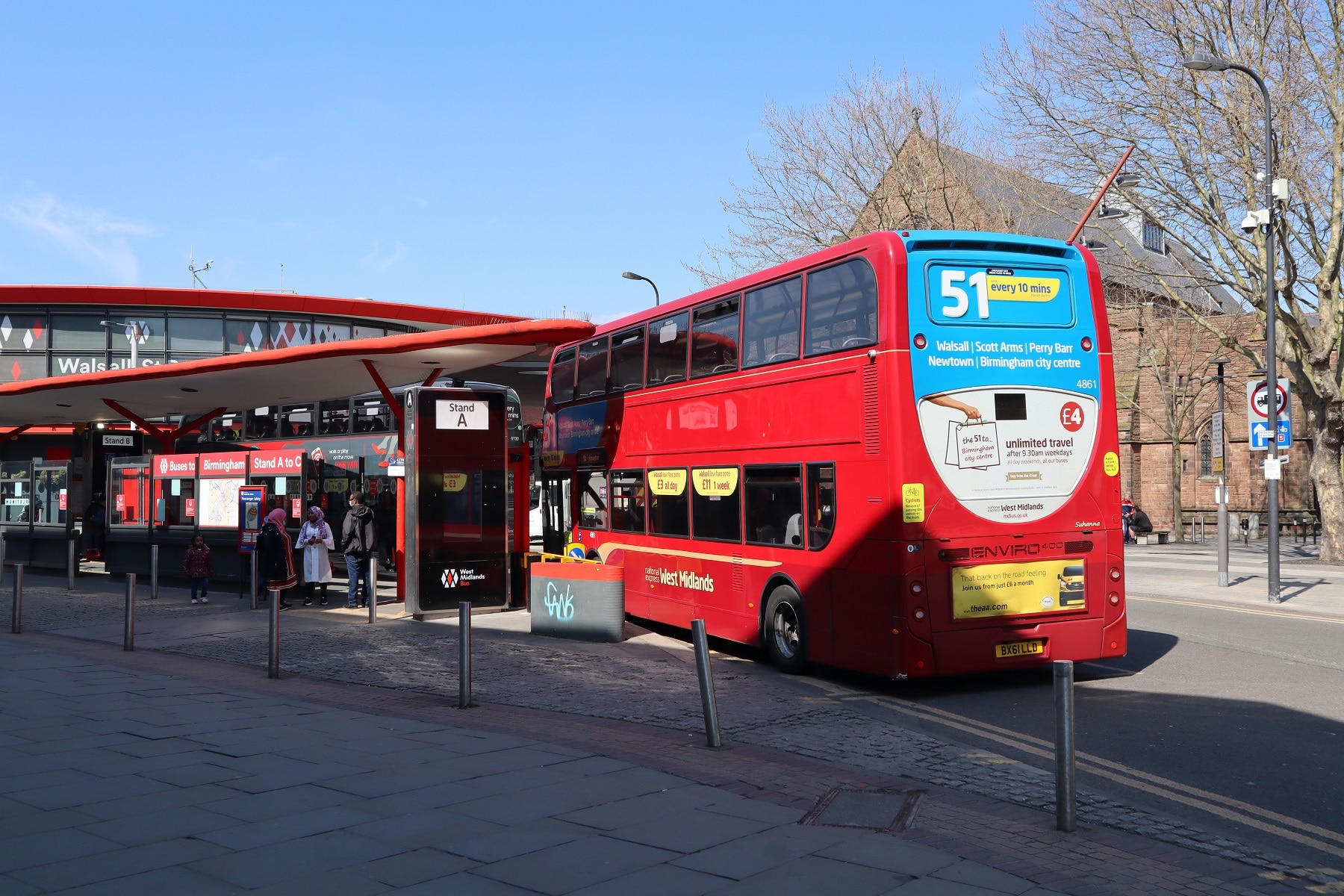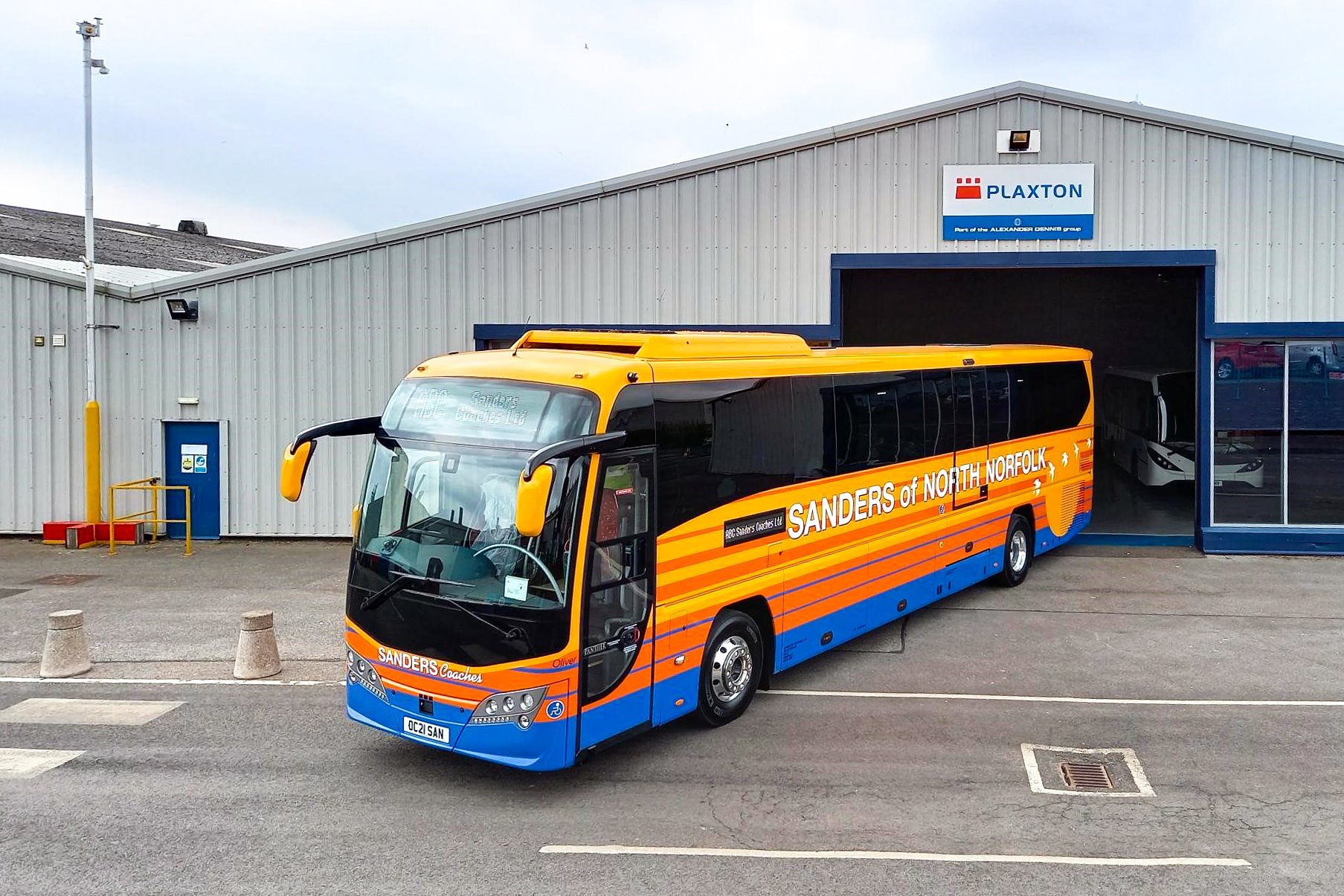A lack of clarity around what government funding streams for the bus industry in England will bookend the £3bn that is to be delivered via the National Bus Strategy (NBS) was prominent in discussions at a Transport Focus board meeting on 18 May.
Also clear once again was the scale of work required of English local transport authorities (LTAs) by the government to deliver NBS objectives. Under-Secretary of State for Transport Baroness Vere left attendees in no doubt that the Department for Transport (DfT) expects LTAs to make good on what Bus Back Better requires of them.
That is despite already aired concerns about some authorities’ capacities to do so. In response, Lady Vere notes that each LTA in England has been allocated £100,000 to upskill where required. Further money will go towards the creation of a Bus Centre of Excellence.
With that in mind, DfT will if necessary “look at sticks” if its favoured “carrot” approach to convincing LTAs to toe the line fails. However, Lady Vere adds that the Bus Service Improvement Plan (BSIP) guidance is deliberately structured to make it as easy as possible for them to do what is expected.
National Bus Strategy £3bn funding: Will it be enough?
While DfT’s expectation that LTAs will do what the NBS asks of them is clear, there is an increasing belief that the £3bn allocated to policy aims outlined in Bus Back Better will be insufficient to deliver them.
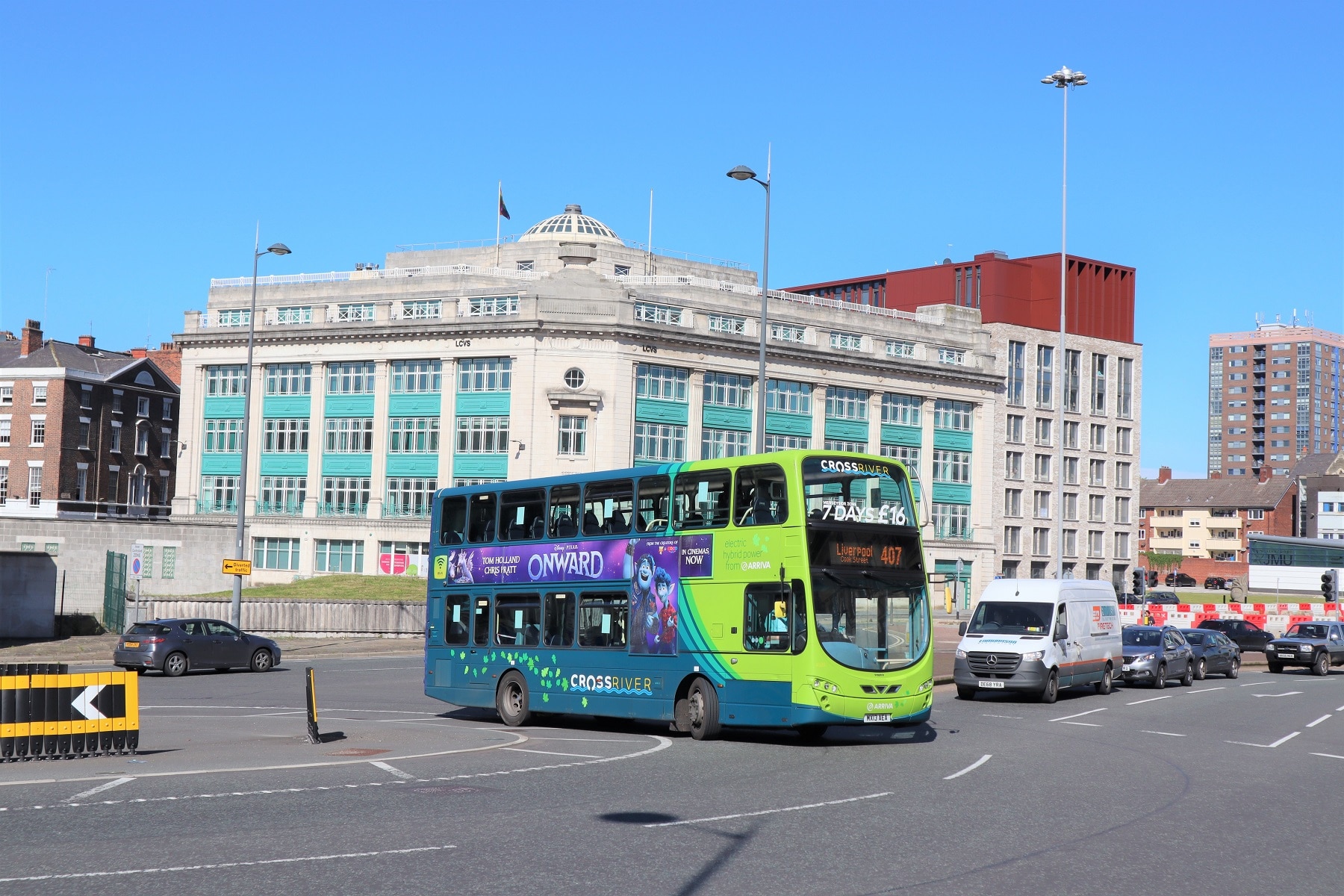
Clarity on intermediate funding allocations during the recovery period is also required, while a mechanism that enables longer-term support to continue into the next parliament is desirable if NBS policies are to secure lasting patronage growth.
As an example of the concern that the £3bn may be insufficient, an initial assessment by Transport for West Midlands (TfWM) shows that the cost of delivering all NBS policies in its area would be circa £1bn.
That is according to Director of Integrated Network Services Pete Bond. TfWM’s patch covers 10% of bus services in England outside London. If that is extrapolated, Mr Bond suggests that £10bn will be required across the country for the life of the Strategy. That is before any need for subsequent ‘top up’ funding is considered.
That is not to say that TfWM does not welcome the NBS. The body sees opportunity within it for more bus rapid transit, more cross-Birmingham services and a greener bus fleet.
But Mr Bond stresses that an immediate priority for DfT must be a firm commitment to provide funding to enable services to continue in their current form into 2022. If it does not do so, operators may be forced to ‘right size’ their businesses to match the patronage that returns by part-way through the recovery period. Such an outcome would set the industry back by “years” and lead to the NBS becoming undeliverable, he says.
‘Pump priming’ is part of aspiration for post-NBS sustainability
Suggested by a member of the Transport Focus board is that buses could be subject to the same five-year funding cycle format that is used for the rail industry and the strategic road network. Lady Vere quickly poured cold water on that idea. It is also “too early” to say what money could follow the £3bn allocated by the NBS, although greater visibility may come with a future Spending Review, she adds.
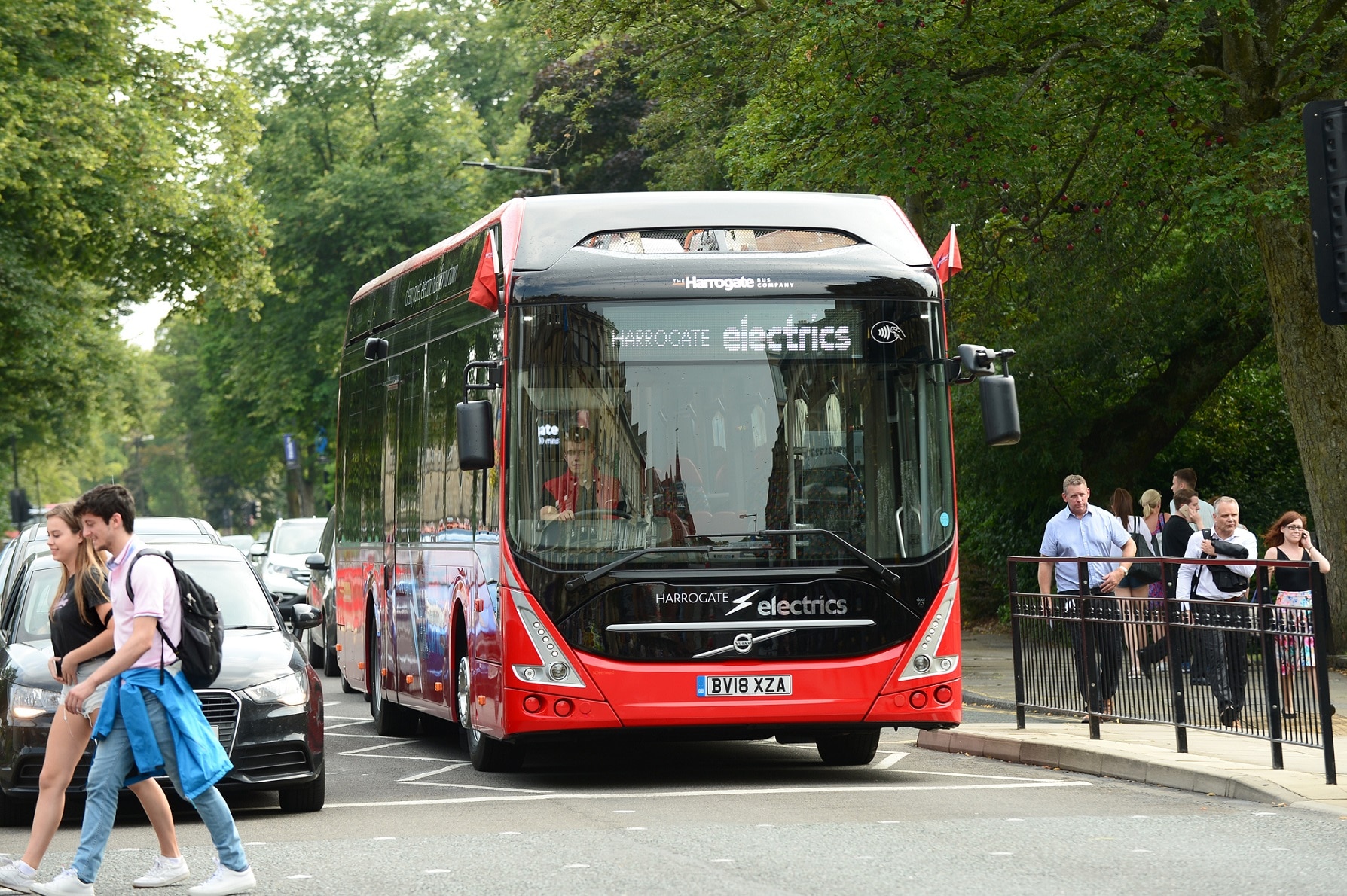
However, the government aspiration for high-frequency corridors is that money from the Strategy that facilitates improvements will act as a ‘pump priming’ mechanism and see them become self-sustaining. How that approach fits with rural service improvements is unclear.
‘Pump priming’ is something that appeals to the Go-Ahead Group. Chief Strategy and Customer Officer Katy Taylor told the meeting that it does not want to be reliant on subsidy. “We all saw how that played out in austerity years, when services were cut in massive swathes,” she says.
Go-Ahead’s experience is that a new or expanded service takes around two years to reach a position where it is commercially viable. That timeframe sits well with likely NBS funding delivery dates and the end of the current parliament.
Mr Bond questions whether all service improvements delivered with NBS money can ever become self-sufficient. What happens to the 70% of the bus fleet that has not transitioned to zero-emission after NBS money is spent also remains to be seen. The risk in both is that in the longer term, LTAs return to bidding competitively for sporadic funding pots. Mr Bond also cites uncertainty around what LTAs are to do if they are not awarded money for all the proposals contained in their respective BSIP as a further point of concern.
Charter requirement accompanies National Bus Strategy funding work
As part of their work on bus service improvements, LTAs will be held to patronage growth targets set down in BSIPs. It will also be important that they are accountable to bus users for service standards, Lady Vere says.
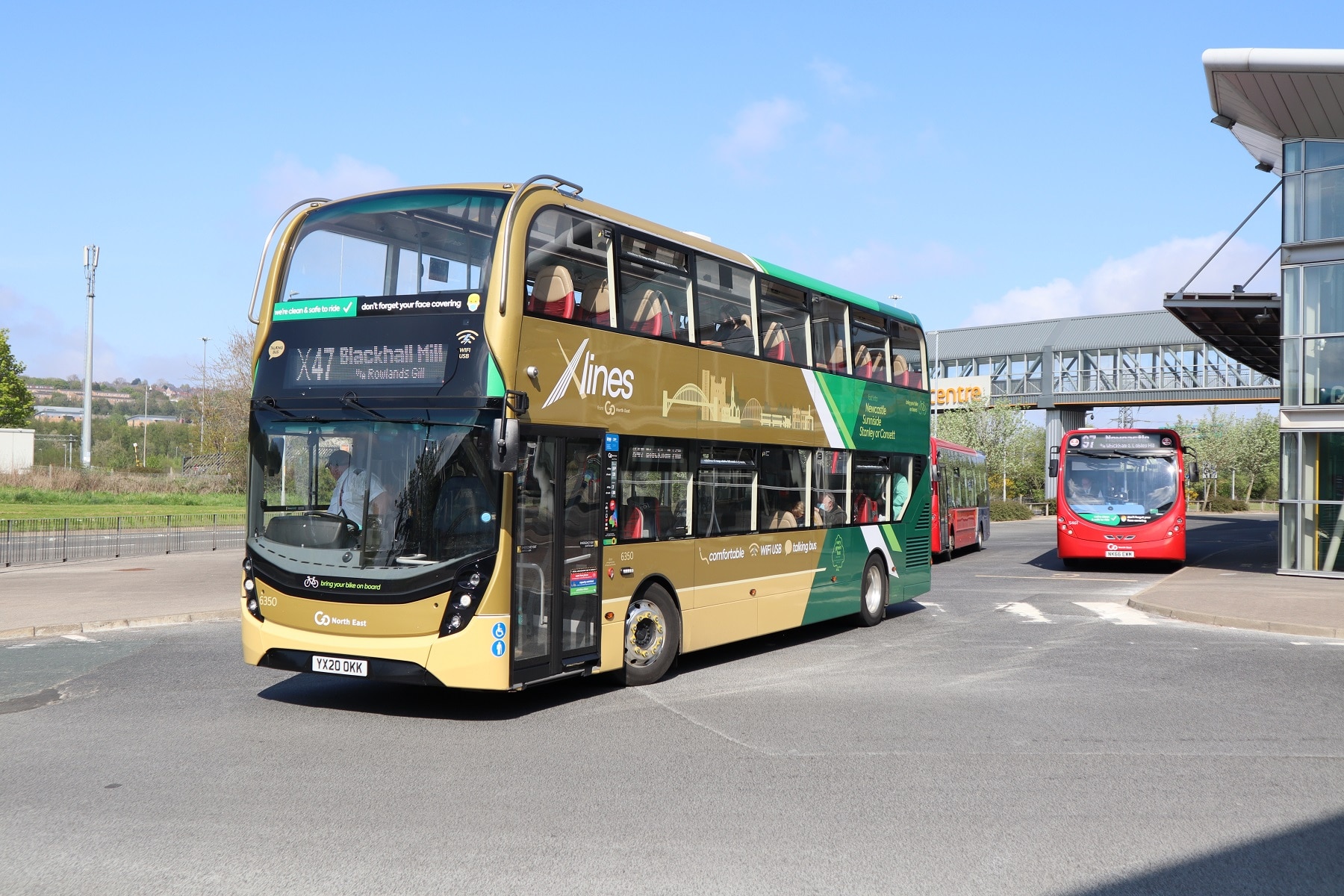
The BSIP guidance suggests creation of Bus Advisory Boards. It also requires the creation of passenger charters. There will be no standard template for those charters, Lady Vere adds.
DfT will want to see a minimum, but what bus users will be able to expect, and what redress they may receive if commitments are not delivered, will be agreed locally.
That returns to the approach that DfT favours for all aspects of NBS policy, she continues. It expects that LTAs will engage fully with the Strategy. But it is clear from Lady Vere’s words that it will turn to sticks if the carrot method does have the desired effect.
View a recording of the full Transport Focus board meeting here.



















